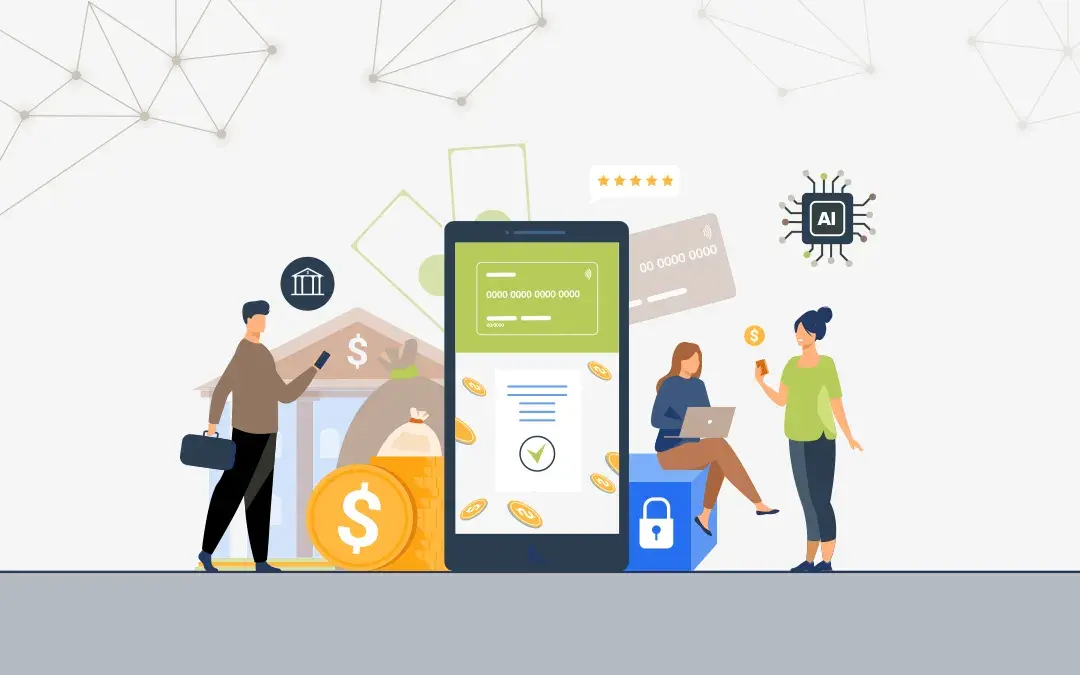The concept of being open in regards to user data seems contradictory to banks in the current financial environment. We generally believe that banks must keep our data secure and must not open to any third party. Open Banking is an approach existing because of PSD2 to promote competition in the retail banking sector and improve customer satisfaction. It forces banks to adopt openness and share customer financial data to third parties though secured APIs.
Open banking aims to infuse greater competition and encourage innovation, the entrance of new players (TPPs), and provide consumers with more choice. This blend of finance and technology (adoption of APIs) has created a whole new world where banks and Fintech firms use our data to automate payments and offer better products.
Why open banking now?
The structure of retail banking and financial services is breaking up. New players like AISPs and PISPs (Fintech firms) are building on top of existing infrastructure to create exciting new products and services. PWC has forecasted consistent adoption of Open Banking and API framework across the financial services sector. They say, “71% of Small and Medium Enterprises (SMEs) will adopt open banking by 2022.”
Opportunities with open banking will affect all the participants in the finance sector including banks, Fintech firms, and customers.
For banks
Although banks have constantly been adopting the latest technologies, APIs in this case, open banking will accelerate modern tools, approaches, and infrastructures.
Open banking APIs will increase the overall appeal of a bank to their consumers and enable them to meet the changing demands. They will be able to serve efficiently to increase customer engagement and attract prospective consumers.
For Fintech firms
Third party service providers will be able to access real-time financial data of consumers. This will enable them to acutely analyze the needs and requirements of every consumer and consequently offer personalized services. Initiating payments on behalf of consumers, suggesting the best investment plan, and paying the dues are some of the fine service examples Fintech firms can offer.
According to a recent survey conducted by EDC, “Around 83% of the respondents believe open banking APIs hold the key to the future of banking and payments. Automated APIs will also encourage different application such as account aggregation and payment initiation.”
For consumers
For customers who will agree to share their financial data with third-party service providers, they will have a holistic view of their financial behavior. It will become easier for their banks to manage their accounts, propose prospective services, loan and funding offer, etc.
Being able to pay with a single click and easily managing their loans and credit cards could keep them on top of their banks. Moreover, getting the know-how of real-time bank expenses will be the added advantage earned by open banking.
The road ahead
Disruptors in the FinTech industry are redefining the financial services landscape. They are waking up to the values of open initiatives and functions of APIs.
Open banking promises IT firms, banks, and financial institutions a solid way to expand their portfolios and consumer reach. Banks in Europe (75%), Asia (51%), and North America (53%) view open banking as a crucial approach to escalate digital transformation in the coming years.
If you are in the finance industry and willing to flourish your business, you need to invest in open banking and establish yourself as more customer-centric. In order to fully harness the lingering opportunities created by open banking, banks and businesses need to embrace new regulations and view them as an opportunity instead of a threat.




